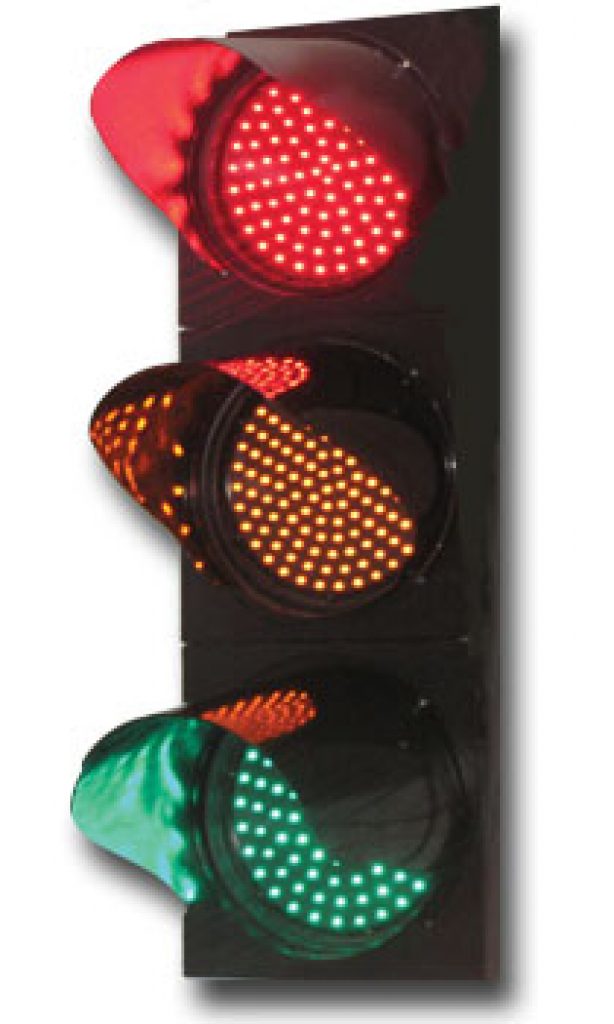In one of yesterday's posts, I mentioned the array of cameras installed (with more planned) in Lower Manhattan. If Mayor Michael Bloomberg has his way, New York City will have even more cameras than these, specifically to identify and prosecute drivers who run red lights and exceed the speed limit on streets. While embedded vision technology can help you minimize the amount of time spent idling at intersections, you'd better not ignore the remaining red lights you encounter, it seems, and you'd better not press down on the accelerator to squeeze through a yellow light, either. And while city inhabitant safety is likely at least part of Bloomberg's motivation, I'd wager a guess that incremental fiscal inflows are also a factor.
A friend of mine got a red light ticket in downtown San Diego about 1.5 years ago. The system took several time-stamped photos of her car from several angles, both prior to and entering the intersection, and with the traffic light illumination status clearly visible. Equally visible, I was impressed to see in the images subsequently sent to her in the mail, was her visage in the driver's seat, even though the incident occurred post-sunset. This aspect of the story is critical, of course, because even though automatic optical character recognition finds use in identifying the vehicle via the license plate, it's the driver who gets the ticket.
Were it someone else behind the wheel of her car at the time, she'd still get the ticket and need to go to court, but she'd be set free without penalty. Apparently, she told me, plenty of folks tried to convince the judge (unsuccessfully, in most cases) that it wasn't them behind the wheel, in some cases after shaving off beards and mustaches, altering hairstyles and donning hats and glasses. Even though it was obvious to me that the evidence against her was irrefutable, she decided to go to court anyway, where she was offered (and accepted) a reduced-fine in-advance alternative to going before the judge.
And were she located one metropolis north at the time, in Los Angeles, she might not have needed to bother with even appearing. That's because, effective at the end of July, the city decided to completely shut down its red-light camera system. Ironically, here's why:
The 13-0 vote came in the wake of a backlash over disclosures that paying hefty fines for camera-issued tickets is considered "voluntary" by many city officials and because the Los Angeles County Superior Court has opted not to aggressively enforce collections against those who simply ignore the citations…Court officials have chosen not to aggressively enforce penalties for camera tickets when the recipient fails to respond. They note the tickets are mailed to a vehicle's registered owner, who may not be the person who committed the violation. The only potential problem for those who do not respond to the tickets, officials said, would be the appearance of a delinquent traffic violation on a background search of court files.
Raleigh, NC, according to DailyNews, also phased out its system effective the end of last month. Oddly enough:
According to a February study, Raleigh saw an increase in fatalities at intersections after the cameras were put in place. The study compared car crashes between 1992 and 1996 (before the cameras were in place) and between 2004 and 2008 (after the cameras were in place). It concluded that there were three fatalities between 1992 and 1996, and nine fatalities between 2004 and 2008.
The statistical significance of the above information is at-best questionable, in my mind, both because of the large time gap between the two data sets, and because there was no associated measure of total traffic flow in the two time periods. If total traffic was 3x greater between 2004-2008 versus 1992-1996, the increase in accidents would be statistically expected regardless of whether or not traffic light cameras were in place in the latter case.


